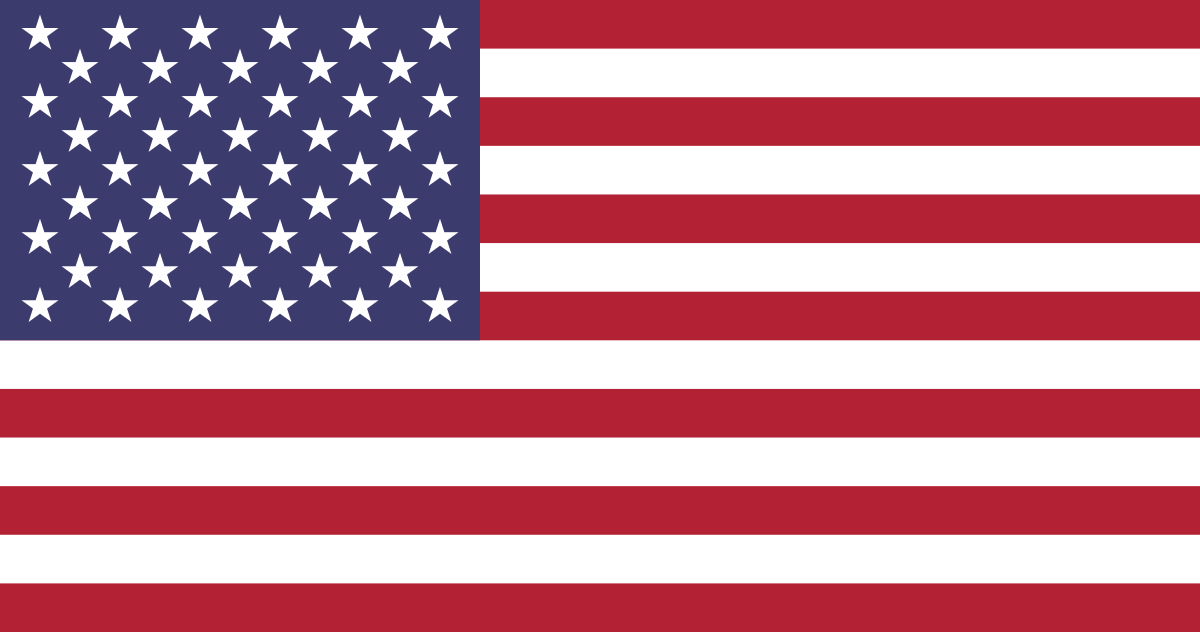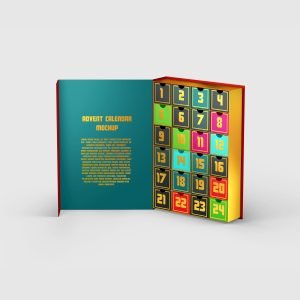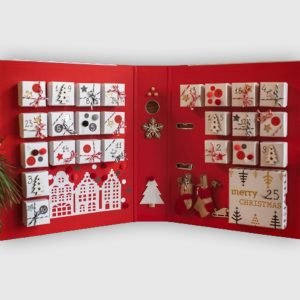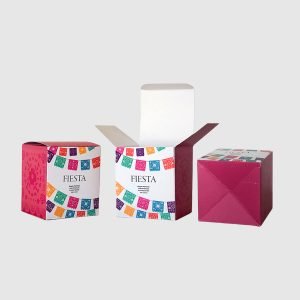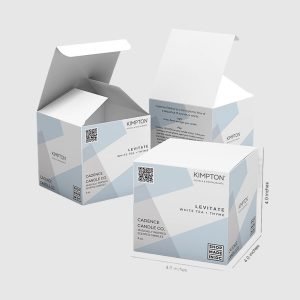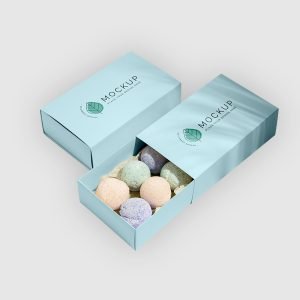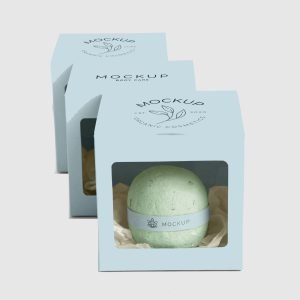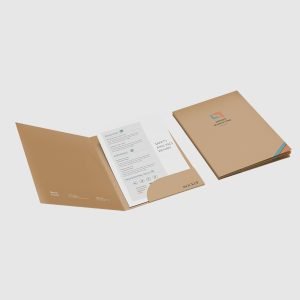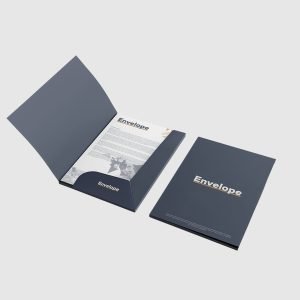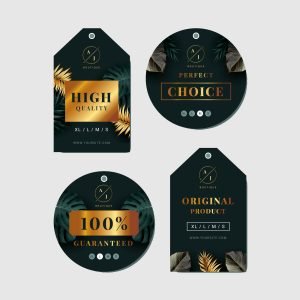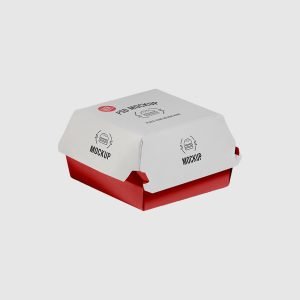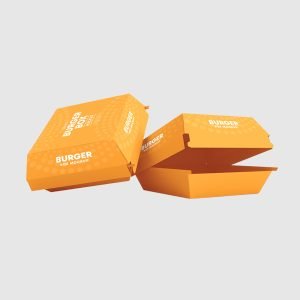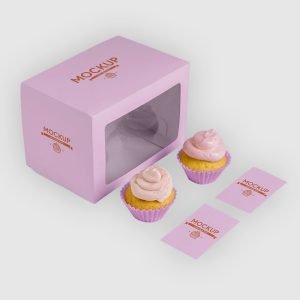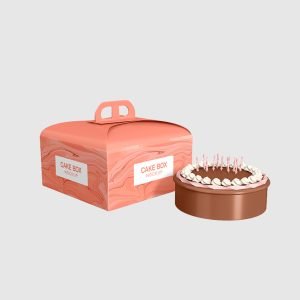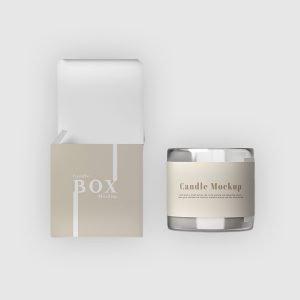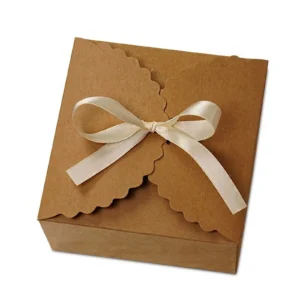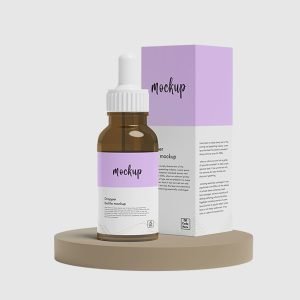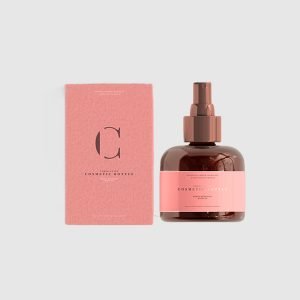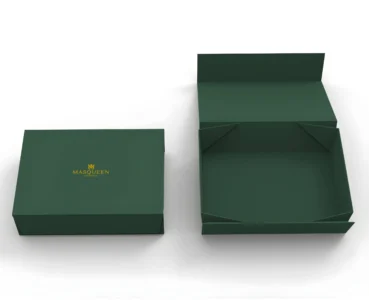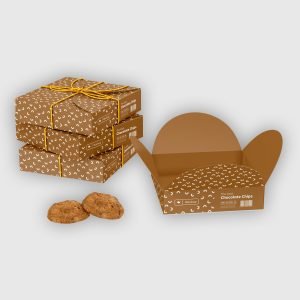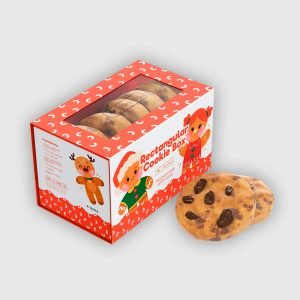Envelopes
Specification
| Material | White Paper: Bright White, Textured, Uncoated, Coated Gloss Paper White Card: SBS (C1S), Uncoated Stock, Textured Stock Brown: Natural Brown Kraft Paper, Natural Brown Kraft Card Paper Thickness: 24lb, 28lb Card Thickness: 10pt, 12pt |
||||||||||||||||||||||||||||||||
| Style |
|
||||||||||||||||||||||||||||||||
| Size |
|
||||||||||||||||||||||||||||||||
| Finishing Types | Lamination: Gloss, Matte, Sandy Matte, Soft Touch, Pattern Coating: Gloss AQ, Satin, Varnish, Spot UV, Flood UV |
||||||||||||||||||||||||||||||||
| Features | Foil Stamping Embossing Debossing Metallic Inks |
||||||||||||||||||||||||||||||||
| Other Options | Address Window Cut-out PVC Film Covering Address Window Inside Printing Peel & Seal |
Learn More
Custom Printed Envelopes: Enhancing Your Correspondence and Brand Image
An envelope is a flat, usually rectangular or square-shaped paper holder used to enclose letters, documents, cards, or other flat items for mailing or storage purposes. It is designed with a foldable flap that can be sealed, typically with adhesive, to protect the contents inside and ensure privacy during transit. When choosing the correct envelopes, it is important to consider a few essential features that make them effective and user-friendly.
When designing business envelopes to mail your letters, invitations, or documents, it is important to choose durable and sturdy paper material to protect the contents from damage. Be sure to consider the different size options available, such as standard letter-sized envelopes, smaller ones for invitations, or larger ones for legal documents. Additionally, look for envelopes in a variety of colors to match your personal or business style and branding. Convenient sealing options like self-adhesive or peel-and-stick closures can save time and ensure a secure seal.
To add a personal touch, consider customizing your envelopes with your logo, address, or design using embossing or foiling techniques. This can make a lasting impression and help your mailings stand out.
Custom-printed envelopes provide various advantages, enhancing the presentation of your business mail and leaving a memorable impact on the recipients. These envelopes help your mailings stand out and reinforce your brand identity by showcasing your unique designs, logos, or branding elements. They also add a personal touch to your communications, making the recipients feel valued and appreciated. With the versatility to suit various purposes, such as marketing campaigns or event invitations, custom-printed envelopes effectively convey your message and strengthen relationships with clients, customers, or friends. Choosing the right design and printing method allows you to create envelopes that perfectly align with your vision, improving your mailings’ overall professionalism and aesthetics.
Envelopes come in different types and sizes, each designed for specific purposes. Here are a few common envelope types:
- Business Envelopes: These are the most commonly used envelopes for business correspondence. They have a rectangular flap sealed with adhesive. These envelopes can be plain or printed with the company’s logo and address.
- Window Envelopes: These envelopes have a clear plastic window that allows the recipient’s address to show through. They are commonly used for mailing invoices, statements, and checks and are available in various sizes and styles.
- Catalog Envelopes: These are larger and sturdier than regular envelopes and are used for mailing catalogs, booklets, brochures, and other bulky items. They come in various sizes and have a center seam that allows for easy insertion of the contents.
- Square Envelopes: These are square and come in various sizes. They are often used for greeting cards, invitations, and announcements. They can be either plain or printed with decorative designs.
- Padded Envelopes: These envelopes have a padded interior that provides extra protection for fragile items during shipping. These envelopes come in various sizes and are commonly used for mailing small electronics, jewelry, and other delicate items.
- Tyvek Envelopes: These are made from a durable, tear-resistant Tyvek material. They are used for mailing important documents, such as legal papers, contracts, and confidential information.
- Bubble Envelopes: These envelopes have a bubble-wrapped interior, providing extra protection for fragile items during shipping. They come in various sizes and are commonly used for mailing small electronics, jewelry, and other delicate items.
Business envelope sizes can vary depending on the specific need or purpose. In general, there are standard sizes that are commonly used for different types of mail. While the sizes below are the most common business envelope sizes, we can produce any other specialized sizes that may be suitable for your specific requirements. Standard business envelope sizes include:
- #10 Envelope (North America): This is North America’s standard business envelope size, measuring 4.125 x 9.5 inches (105 x 241 mm). It is commonly used for mailing letters, invoices, and standard business correspondence. The #10 envelope is designed to hold a standard 8.5 x 11-inch letter-sized paper folded into thirds.
- 9×12 Envelope (North America): This envelope size is used in North America for mailing larger documents, presentations, or catalogs. It measures 9 x 12 inches (229 x 305 mm) and can hold letter-sized or A4-sized documents unfolded.
- DL Envelope (International): The DL envelope is a popular business size outside North America, particularly in Europe. It measures 110 x 220 mm (4.33 x 8.66 inches) and is designed to hold A4-sized paper folded into thirds. The DL envelope is used for business correspondence, invoices, and other documents.
- C4 Envelope (International): The C4 envelope is another commonly used business envelope size, particularly in Europe. It measures 229 x 324 mm (9.0 x 12.8 inches) and is designed to hold A4-sized documents unfolded. This envelope size is suitable for mailing larger documents, presentations, or small catalogs.
RELATED PRODUCTS
Candle Box
$2.00

